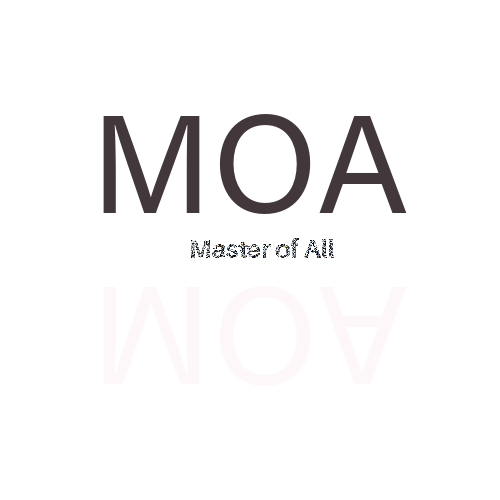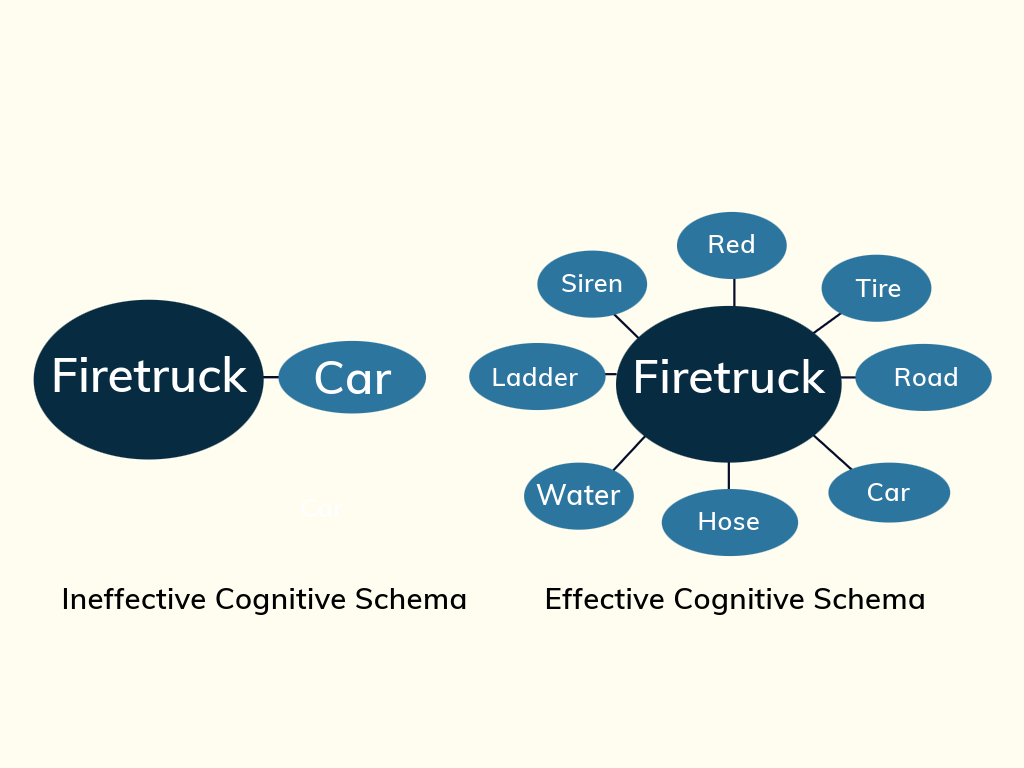From the Beginning
I’ve briefly discussed my struggles with the education system, but let’s dive a little deeper.
I’ve always been curious. One of my earliest memories is “reading” books about the aurora borealis and snakes. I understand why I liked the aurora borealis because it’s beautiful, but the snakes part still confuses me.
Interestingly, I despised school when I was younger. I thought it was boring and focused on the most mundane things. Multiplication and division annoyed me. I tolerated addition because I didn’t have to spend much time on it. It all seemed pointless and I had better things to do such as watching TV (my favorite shows were I Love Lucy and Little House on the Prairie).
Reading and writing was a major challenge until high school. I tended to take things very literally, which made it difficult extrapolating subliminal meaning from a text.
I went to a liberal arts private school from 3rd grade to 10th grade. I should’ve been an incredible writer because I wrote so many essays. So why did I struggle so much? My teachers regularly critiqued my work, but didn’t show me how to improve and decide what to write about.
Writing in general overwhelmed me. Sentence structure made no sense. What was a theme?? A thesis statement?? I couldn’t comprehend what the purpose of an introductory and concluding paragraph was. Don’t even get me started on body paragraphs! Writing stylistics seemed like a completely different language.
How was I supposed to organize my thoughts when they were a jumbled mess??
I remember having to write an essay in 4th grade for a guild project and I kid you not, the majority of my sentences were a variation of: a guild project is a guild. The night before the essay was due, my mom asked me if she could read my paper and I said no because I knew exactly what would happen if I let her. She made me rewrite the entire essay and it turned out great because I had a lot of assistance.
This is a problem in our school system and specifically private schools. There’s an argument that private schools are better than public schools because your teacher to student ratio is more balanced. This actually creates a bias from the teachers because they know the students on a personal level. No one is perfect, but from my experience, private school teachers don’t necessarily want to change their viewpoint to truly help students learn. Their teaching process is fixed.
This begs the question: what’s the purpose of school? Is it to teach our students how to do things or to follow a curriculum schedule? I think it has unfortunately turned into the latter and specifically with the private school I went to.
You may wonder what I did to improve.
First, I started reading more. My choice of material was Judy Blume and the Peanuts comics. This helped me tolerate reading because it was so easy.
Second, I wanted accolades and achievements. I saw my classmates’ names on the honor roll and I wanted that. My younger self had a dream to become something worthwhile. Anger towards my teachers fueled my hard work.
I eventually achieved Bs in english when I was in middle and high school. Unfortunately, I couldn’t get an A no matter how hard I tried. Part of the issue was I didn’t care enough about the source material to develop a strong opinion other than the fact that it was boring.
This begs the question: why does the school system focus on text that is too abstract to be enjoyed? Have you ever read Perelandra or Ovid’s Metamorphosis?? I understood the main ideas, but everything else that was remotely abstract went completely over my head. It was difficult engaging with something that felt like a beast.
Or the texts that are interesting have limited depth to where you can’t form a solid argument that can be expanded upon in an essay (e.g. Catherine Called Birdy).
There are so many incredible authors and the education system neglects highlighting their voices. Public school understood this idea. The Great Gatsby, 1984, A Streetcar Named Desire (technically not a book), and Beloved were excellent. Even Kafka’s Metamorphosis was good!
I mostly enjoyed everything I read in public school except for Moby Dick and the Grapes of Wrath. Moby Dick was way too abstract for me as a high schooler and the Grapes of Wrath was too bleak.
You regularly hear the phrase, work smarter not harder. What does that mean? How do you know when to work smart vs. work hard? Hard work will always pay off in the long run, but it’s more effective when it’s maximized. That’s what working smarter not harder means. It’s rooted in understanding. The issue is how do you understand something that seems like gibberish to you?
I realized early on I had to be my own teacher since the only person who knew what I was going through was myself. This allowed me to conclude that society makes too many assumptions. We assume people understand what we’re saying and don’t know how to adapt to other’s viewpoints. This is incredibly limiting. You hear about conflicts between people and most of it’s due to miscommunication.
Communication is not the same as comprehension. I think the problem is many of us have an idea of what it means to understand something, but that idea isn’t well-rounded and isn’t adaptable. I think that happens because I’m not sure if we as individuals in society were ever truly taught how to effectively communicate with each other.
According to Linguistic Determinism, language completely determines your thoughts. Language is inherently limited. There’s a finite amount of words in the dictionary. Based on this theory, if you don’t have a word to describe how you’re feeling, then you don’t know what you’re feeling and your understanding is limited. It goes back to the idea of you don’t know what you don’t know.
In the context of psychology, our idea of the brain and thoughts are limited because we don’t have the words for it and don’t know how to describe what we’re feeling. I noticed this issue the more I studied myself and my thoughts.
In my case, I didn’t know why I struggled so much and why it was so difficult understanding things that came easy for my peers. This confusion followed me even as a college student. I’d misread questions and it took me years to understand basic concepts. Several weeks ago, I realized I couldn’t grasp simple concepts because I learn differently than most people. I inherently think things are done in black or white.
It’s not natural for me to extend my mental framework to something that’s abstract. I had to teach myself how to do that when I was in my late teens and early twenties. That’s why I couldn’t comprehend what I was reading because my vocabulary and understanding was limited. I wasn’t taught how to draw upon the deeper meanings and make connections using the words I knew.
If you know me personally, you’ll notice I don’t have an expansive vocabulary because I never developed it. This was due to being bored with learning new words and being unable to apply the more advanced words I knew to more contexts. The interesting thing is I can effectively communicate with people because I can simplify things with my limited knowledge of words.
This is a basic example of a mental framework. The goal is to activate as many “nodes” in your specific cognitive schema as possible. This is enhanced the more you learn and expose yourself to different topics.
Each person has their own way of seeing and intellectualizing the world. It’s called a cognitive schema and is similar to a mental map. If you can hack this system, then you can work smarter not harder.
How do you hack the system??
You first need to make friends with yourself and learn why you do the things that you do. Figure out what kind of learner you are. Do you learn best through reading, watching videos, or listening to an instructor? This will allow you to build up your weaknesses.
For me, it depends on my mood and energy levels. Sometimes I prefer to read. Other times, I need to hear someone tell me exactly what I need to do in order for me to learn something. Essentially, my learning process is dynamic, which allows me to make connections between random things.
When you reach this level of thinking, things become interesting because you realize how limited your reality was with a “default” framework. This is what MOA is all about. It draws upon the idea of entropy (disorder). The more connections you make, the more disordered your cognitive schema becomes, which causes your interpretation of reality to change and expansion ensues.
Another fundamental issue with the school system is the assumption that there’s a limited number of ways to solve a problem. My teachers were strict when it came to answering questions because if it wasn’t exactly what they thought was the right answer, then they would mark it wrong. This is another type of bias called confirmation bias and I’ve noticed it worsens the more subjective the material is.
However, when I’ve tutored students, I find that they ask great questions and their ideas behind solving problems are fascinating. Their perspective shows a unique way to solve a problem. Where they struggle is connecting the dots to go from point A to point B.
I believe there are two components when it comes to optimizing learning to connect the dots:
1. Study the material. The most popular way this is done is through practice problems, reading a textbook, or memorizing. This strengthens your mental framework.
2. Have a positive mindset. If you think you can’t do something before you even try, then it becomes a self-fulfilling prophecy. If instead, you believe you can improve with effort, then you will. It might take some time, but you’ll eventually get it. As long as you do your best, then that’s enough and you can confidently tell yourself I did everything I could.
Don’t allow yourself to be dictated by what your teachers (or anyone) think of you. Focus on being the best that you can be and the rest will follow.



